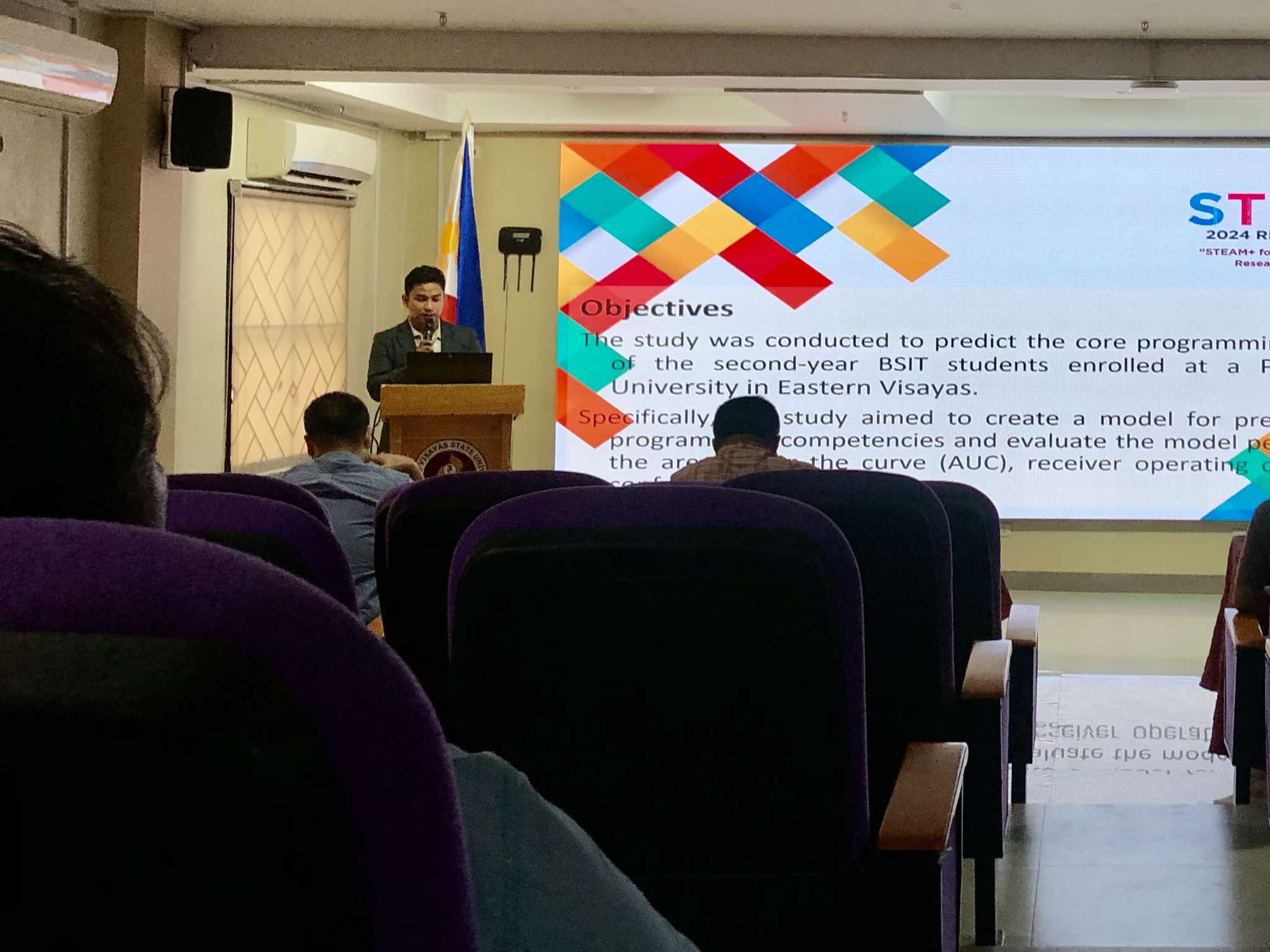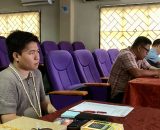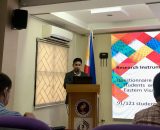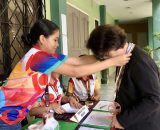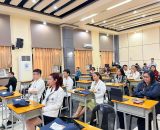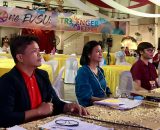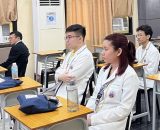The 2nd day of the 7th International Science, Technology, Engineering, Agriculture and Fisheries, Mathematics Plus (iSTEAM+) Research Congress 2024 aims to generate novelty and innovation through the presentation of seminal works from plenary speakers, scientists, academicians, and esteemed research presenters, which hinge on sustainability-driven and disaster-oriented mitigation lectures, supported by empirical data and science-based scrutiny.
Conglomerated via droves of researchers to pursue the quest for research and innovations, the session kicked off with the virtual lectureship of two distinguished plenary speakers: Dr. Alfredo Mahar A. Lagmay, Professor at the University of the Philippines, who focused his discussion on Disaster Risk Reduction and Management in a disaster-prone country like the Philippines. This was then followed by the topic on Plural Dimensions of Resilience in Disaster Risk Management by Dr. Joost Santos, an Associate Professor of the EMSE Department at George Washington University.
Meanwhile, Engr. Nonilo Peña, Chief of the Energy and Utilities Systems Technology Development Division (EUSTDD), delivered an equally essential technological sophistication lecture with his topic centering on ‘Innovation works for you: DOST-empowered initiatives.’ This underscores the dynamic role of the agency in fostering sustainability in the context of digital advancement.
Articulating his resolve to convey the Community Life Competency Process (CLCP), Dr. Rhoderick Malangsa, editor-in-chief of the Journal for Geographic Information Systems at Southern Leyte State University, distilled his presentation on Design Thinking. He further emphasized that CLCP, a fundamental subject of his study, is a prevailing approach that empowers communities to monitor their development by delineating their challenges, leveraging their strengths, and working together to create a positive impact.
The research congress gained momentum as it inched closer to one of the highlights of this year’s ISTEAM research congress—knowledge transfer and sharing via the parallel sessions with the following strands: Science, Technology, Engineering and Mathematics, Agriculture and Fisheries, Nutrition and Dietetics, Economics and Humanities. Moreover, a total of 43 presenters and 25 participants across the research strands embraced this momentous academic forum.
The variegated research spectra ignited a lightbulb of knowledge, shedding light on pressing social challenges that, in turn, amplify and address concerns that have exponentially worsened in a world fraught with disaster in these unprecedented times. Thus, research paves the way for eliciting solutions through the synergistic strides of Science and Technology in an ever-changing world.
Written by: JGenobiagon | UMDC




